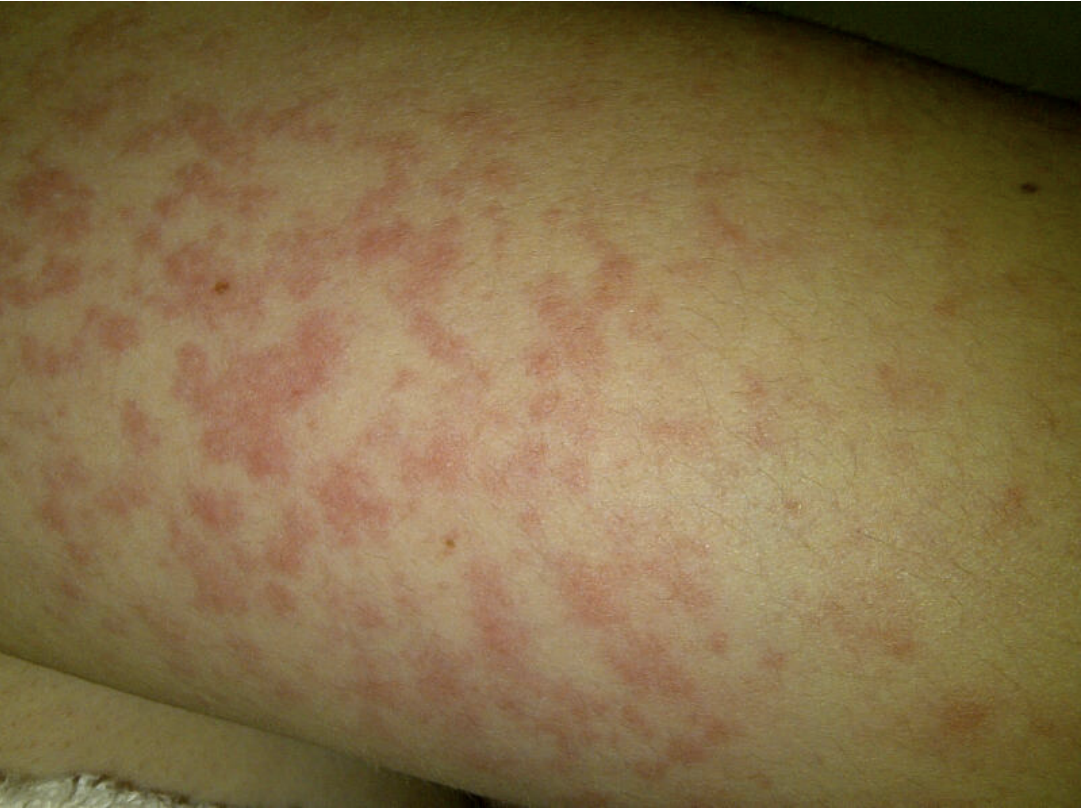
Dominyka Kaušaitė1
1Faculty of Medicine, Vilnius university
Abstract
Adult-onset Still’s disease (AoSD) is a rare but clinically well-known, polygenic, systemic autoinflammatory disease. Typically this disease occurs by four main symptoms: spiking fever ≥ 39 °C, arthralgia or arthritis, skin rash, and leukocytosis (≥ 10´10^9/L). It is one of the most common causes of hospital admissions for fever of unknown origin. Hyperferitinemia sometimes is referred a pathognomonic sign of AoSD, but it is also characteristic of other auto-inflammatory diseases. Pathognomonic diagnostic tests and reliable biomarkers remain undiscovered. AoSD diagnosis is usually difficult and delayed, with physicians having to rule out several other conditions, including cancer or infectious diseases. Recent decades showed progress in understanding the pathogenesis of the disease. Cytokine-specific biologic therapies have been instrumental in providing more effective treatment for disease refractory to conventional treatment. Evidence indicates that cytokine inhibitors targeting IL-1, IL-6, TNF, and potentially IL-18 could interfere with the inflammatory response in AoSD. This article reviews the clinical signs, pathogenesis, diagnosis, and the newest possible treatment of Adult-onset Still’s disease.
Keywords: Adult-onset Still’s disease, Still’s disease, autoinflammatory, biologics.